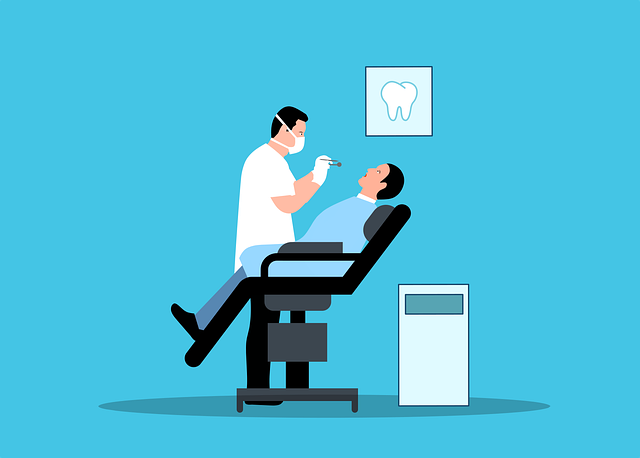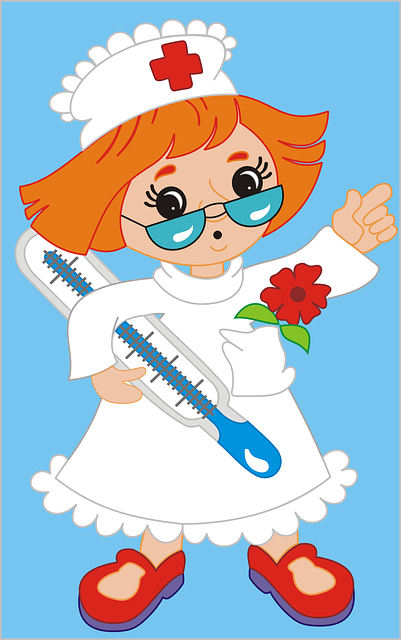In South Africa, Medical Aid and Health Insurance differ significantly in their roles and benefits. Medical Aid, a private scheme, offers comprehensive healthcare coverage through pre-paid funds, including routine care, hospital stays, medication, and disease prevention. It caters to individual needs with various plan levels. Health Insurance, on the other hand, primarily indemnifies against specific medical events, providing financial protection for unforeseen bills. Understanding these distinctions is vital for navigating South Africa's healthcare system effectively, as they impact expenses, coverage, and proactive health management. (SEO Keywords: Medical Aid Vs Health Insurance)
In South Africa, understanding the distinction between medical aid and health insurance is crucial for navigating healthcare options. This article provides a simple explanation of these two critical components of healthcare coverage. We’ll explore ‘Understanding Medical Aid: A South African Perspective’ and ‘Decoding Health Insurance: What You Need to Know’. By delving into key differences between medical aid and health insurance, you’ll gain insights to make informed decisions regarding your healthcare and financial security.
- Understanding Medical Aid: A South African Perspective
- Decoding Health Insurance: What You Need to Know
- Key Differences Between Medical Aid and Health Insurance
Understanding Medical Aid: A South African Perspective
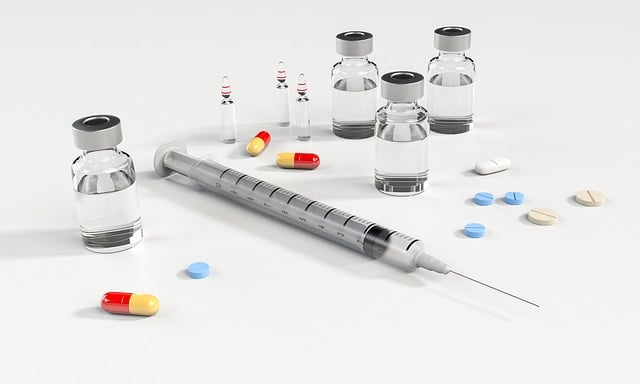
In South Africa, understanding the distinction between medical aid and health insurance is crucial for navigating the healthcare system effectively. Medical aid, a private sector initiative, operates as a form of pre-paid health care where members contribute to funds that cover various medical expenses. It provides access to a network of hospitals, doctors, and specialists, often with different plans offering varying levels of coverage. Members typically receive benefits such as routine check-ups, hospital stays, medication, and some preventive care services.
Unlike health insurance, which is more focused on indemnifying individuals for specific medical events, medical aid takes a holistic approach to healthcare. It encourages proactive health management by members, promoting wellness and disease prevention. The system allows for flexibility in choosing service providers within the approved network, giving members control over their healthcare decisions. When it comes to Medical Aid vs Health Insurance, South African residents often find value in medical aid’s comprehensive coverage and its ability to cater to individual healthcare needs.
Decoding Health Insurance: What You Need to Know
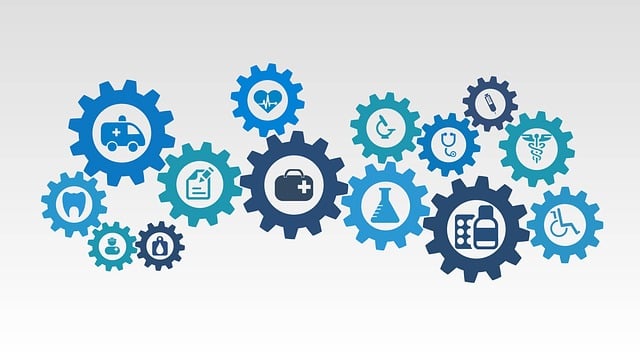
In South Africa, understanding the distinction between medical aid and health insurance is crucial for navigating healthcare costs effectively. While both terms are often used interchangeably, they serve different purposes and operate within distinct legal frameworks.
Health insurance, in simple terms, is a type of cover that helps pay for medical treatments and procedures when you fall ill or sustain an injury. It’s designed to offset the financial burden of healthcare services. When you have health insurance, your provider agrees to contribute towards specific medical expenses based on the terms outlined in your policy. This could include hospital stays, doctor visits, medication, and sometimes even preventive care. In contrast, medical aid is a broader concept that encompasses not just insurance but also a range of other benefits and services related to healthcare. It often includes options for primary, secondary, and tertiary care, as well as specialized treatments. Medical aid schemes may also offer additional perks like dental care, maternity benefits, and even life cover. When comparing medical aid vs health insurance, it’s clear that medical aid tends to provide a more comprehensive range of healthcare services and benefits.
Key Differences Between Medical Aid and Health Insurance
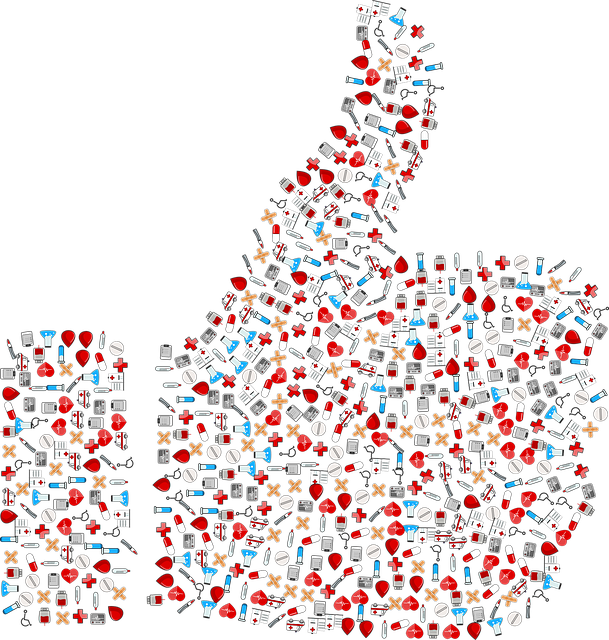
In South Africa, Medical Aid and Health Insurance are both essential for managing healthcare costs but serve distinct purposes. Medical Aid is a long-term savings plan where members contribute regularly to cover medical expenses within a defined network of providers. It focuses on pre-payment for services, ensuring access to quality care while promoting prevention and wellness.
Health Insurance, on the other hand, is more about protecting against unexpected medical bills. Policies typically cover a range of treatments and medications, but claims are settled with service providers directly after treatment. Unlike Medical Aid, Health Insurance does not usually involve a savings component or network restrictions. It provides peace of mind and financial protection during unforeseen health events. Thus, the key differences lie in their approach: Medical Aid emphasizes long-term planning and access to specific healthcare services, while Health Insurance prioritizes immediate financial assistance for medical needs.
In navigating the healthcare landscape of South Africa, understanding the distinctions between medical aid and health insurance is paramount. While both offer financial protection for medical needs, they operate uniquely. Medical aid is a voluntary scheme, typically offered by employers, with members contributing to funds that cover specified treatments and services. Health insurance, on the other hand, is often mandatory, providing access to a network of healthcare providers through a range of plans catering to different budgets and health requirements. When choosing between these options, considering your specific health needs, budget, and whether you have an employer-sponsored plan, ensures you select the most suitable coverage for your circumstances.




